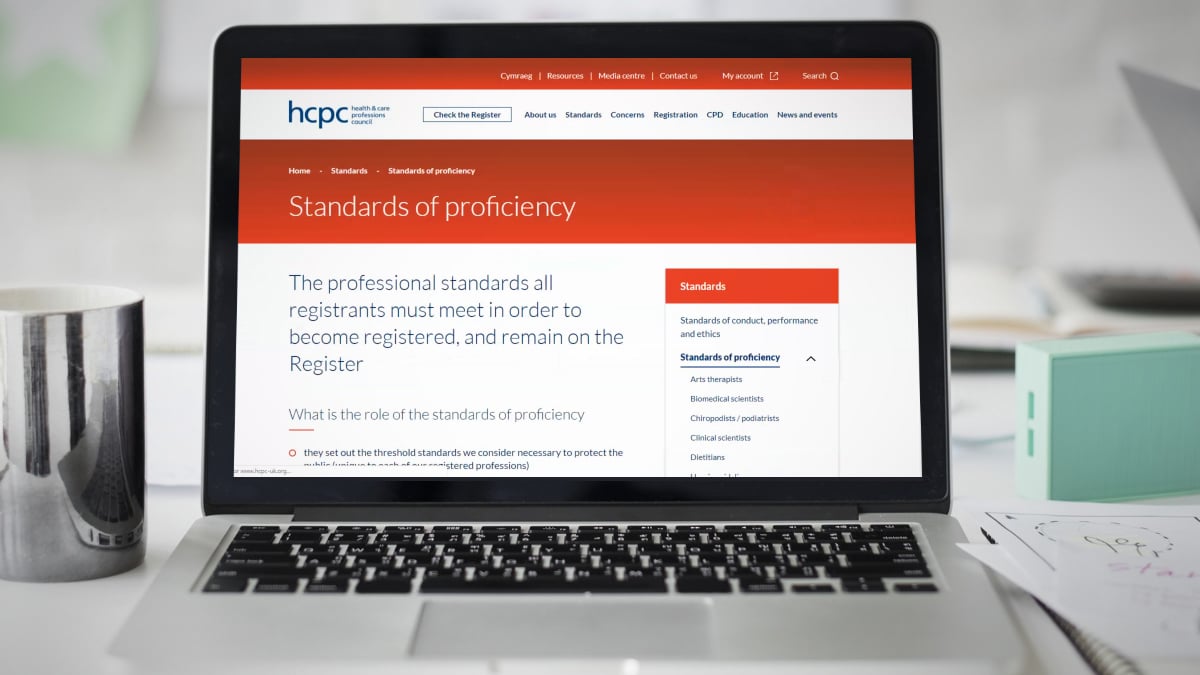Our standards support the case that registrants should be participating in supervision as part of their practise where possible.
While we do not have specific requirements relating to registrants receiving or providing supervision, our standards recognise that supervision plays an important part in professional development and learning.
For example, the standards of proficiency for our professions require registrants to:
Understand the need for active participation in training, supervision and mentoring in supporting high standards of practice, and personal and professional conduct, and the importance of demonstrating this in practice (4.8)
The standards of conduct, performance and ethics also require registrants to work in partnership with colleagues:
You must work in partnership with colleagues, sharing your skills, knowledge and experience where appropriate, for the benefit of service users and carers. (2.6)
Supervision can take different forms, which may sometimes involve delegating work to others. The standards of conduct, performance and ethics set clear expectations that if a registrant delegates work they need to provide appropriate supervision and support:
You must only delegate work to someone who has the knowledge, skills and experience needed to carry it out safely and effectively (4.1)
You must continue to provide appropriate supervision and support to those you delegate work to (4.2)
As with any element of a registrant’s practice, a registrant should only offer supervision if it is within their scope of practice. The standards of conduct, performance and ethics state:
You must keep within your scope of practice by only practising in the areas that you have appropriate knowledge, skills and experience for (3.1)
You must undertake additional training to update your knowledge, skills and experience if you wish to widen your scope of practice. (3.2)
This means that we would expect supervisors to be suitably trained to perform a supervisory role and have the required knowledge, skills and experience in the area of practice they are supervising.
The standards of conduct, performance and ethics also require registrants to be open and honest when things go wrong, which includes the responsibility to be honest and trustworthy and report any concerns about safety:
You must be open, honest and candid when something has gone wrong with the care, treatment or other services that you provide, by:
· where applicable, alerting your employer of what has gone wrong and following the relevant internal procedures;
· informing service users and where appropriate carers, or where you do not have direct access to these individuals the lead clinician, that something has gone wrong;
· providing service users and carers with a detailed explanation of the circumstances in which things have gone wrong and the likely impact; and
· taking action to correct the mistake if possible and detailing this action to the service user and where appropriate, their carer.
(8.1)
You must report any concerns about the safety or wellbeing of service users promptly and appropriately (7.1)
You must be honest about your experience, qualifications and skills (9.2)
Supervision can support a culture of openness and candour and can help registrants meet our expectations by providing the opportunity to reflect on their practise and discuss challenges, with the support and guidance of another professional.

Supervision and continuing professional development (CPD)
As a health and care professional, you should never stop learning and developing. This is reflected in our standards, which say you must:
Understand both the need to keep skills and knowledge up to date and the importance of career-long learning (standard 3.3 of the standards of proficiency)
Keep your knowledge and skills up to date and relevant to your scope of practice through continuing professional development (standard 3.4 of the standards of conduct, performance and ethics)
To remain on our Register, registrants are also required to meet our Standards for Continuing Professional Development.
Supervision is a great way to demonstrate your CPD, and the notes that you take during your sessions can be submitted as evidence if you are selected for CPD audit. You should therefore keep an accurate record of your supervision activities, including what was discussed at your sessions, feedback received or provided, reflection notes and how you have applied this to your practice.
You can find more information about our expectations and requirements in the CPD section. on our webpages here.
Supervision and returning to practice
Over the course of your career, you may decide to take a break from your profession.
If you have been out of practice from your profession for more than two years, you will be required to complete our return to practice process and conduct a period of updating to ensure that your skills and knowledge are up to date. As part of this, you may decide to undertake a period of supervised practice.
Supervision is a great way to refresh your skills and knowledge by gaining practical, first-hand experience in the area that you wish to return to. It’s also a great way to expand your professional networks and contacts.
Find out more about our return to practice process and our requirements for supervised practice.

